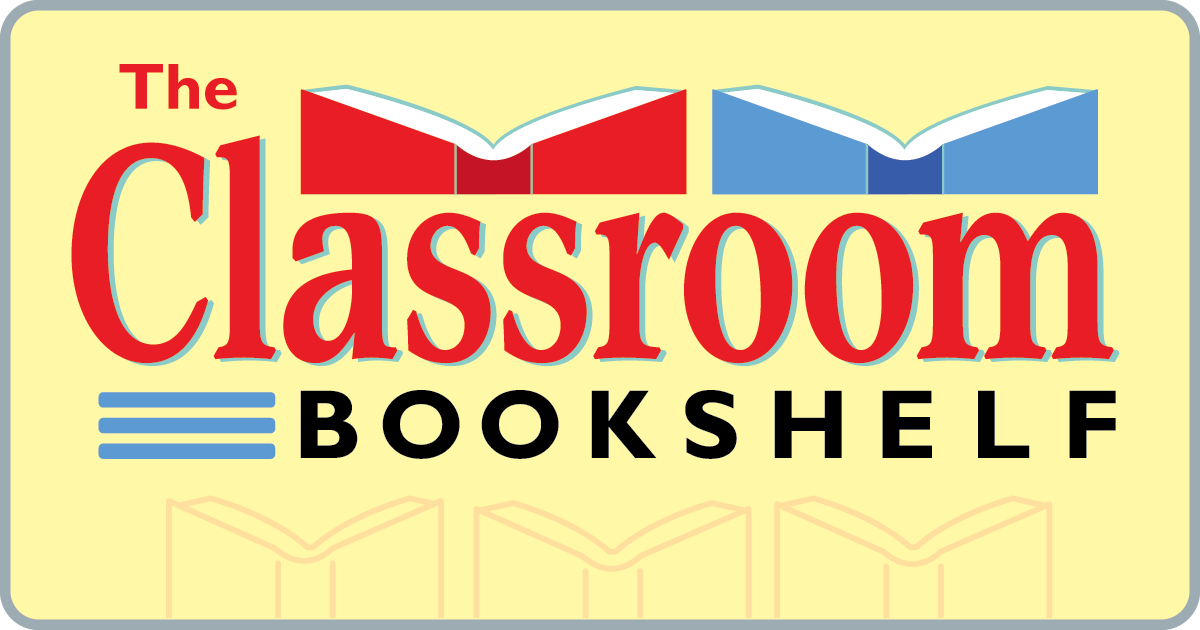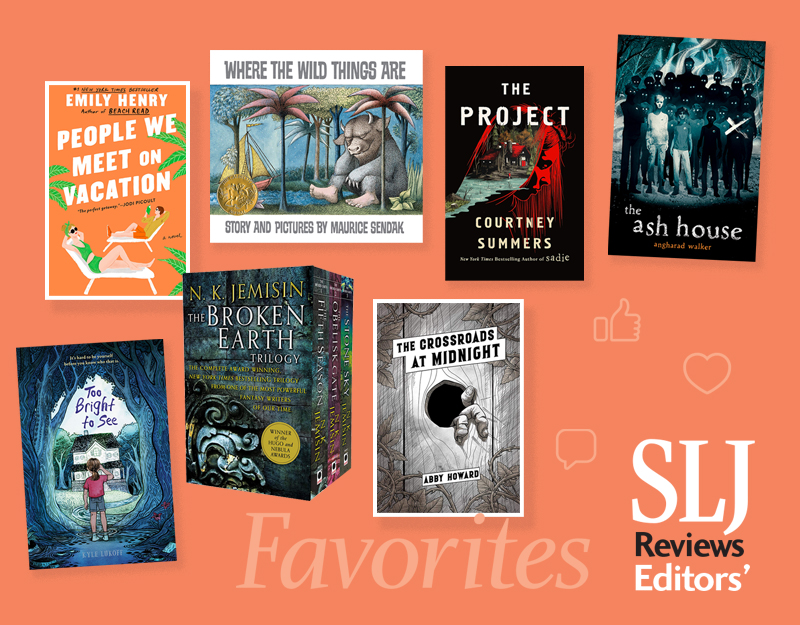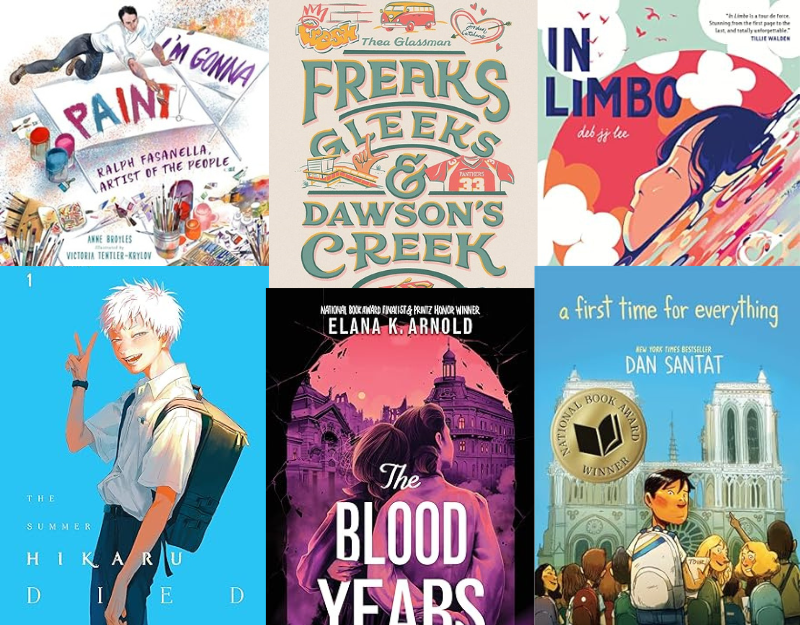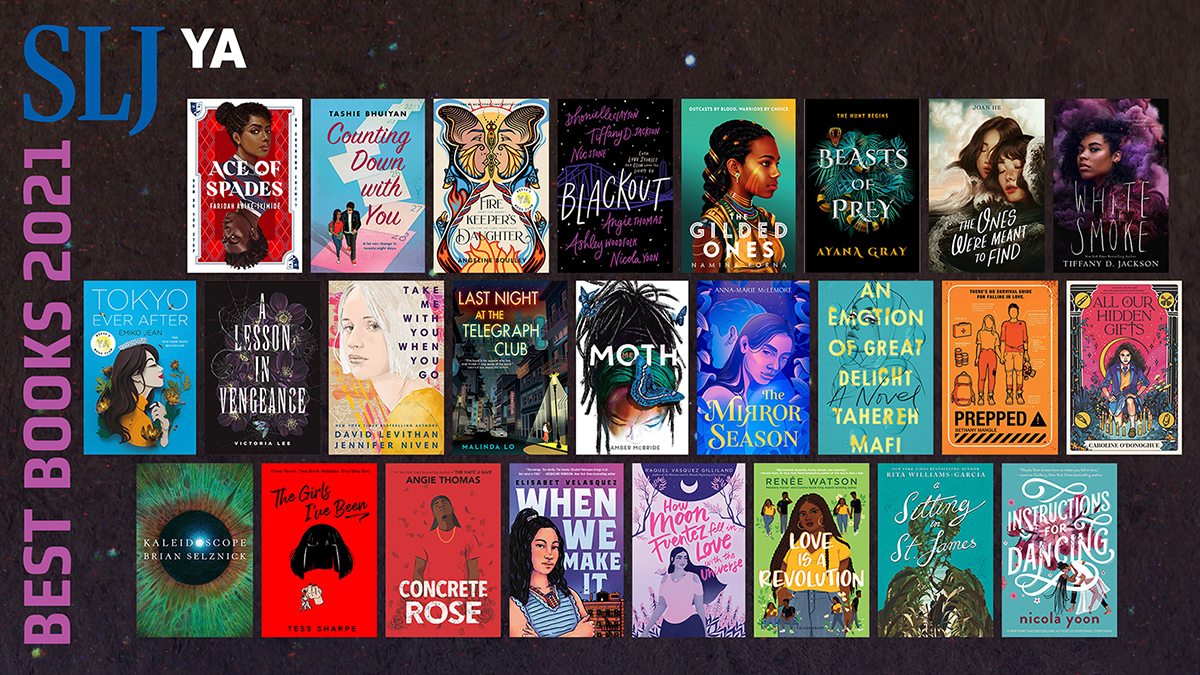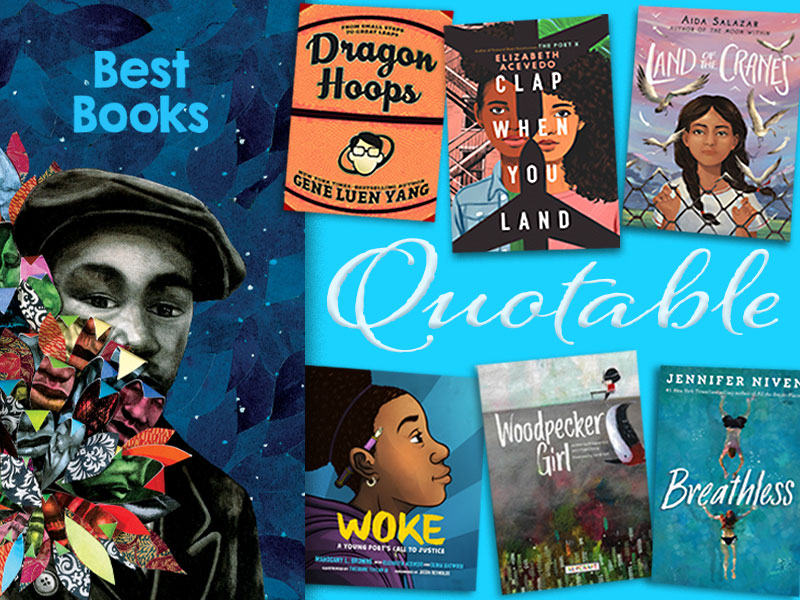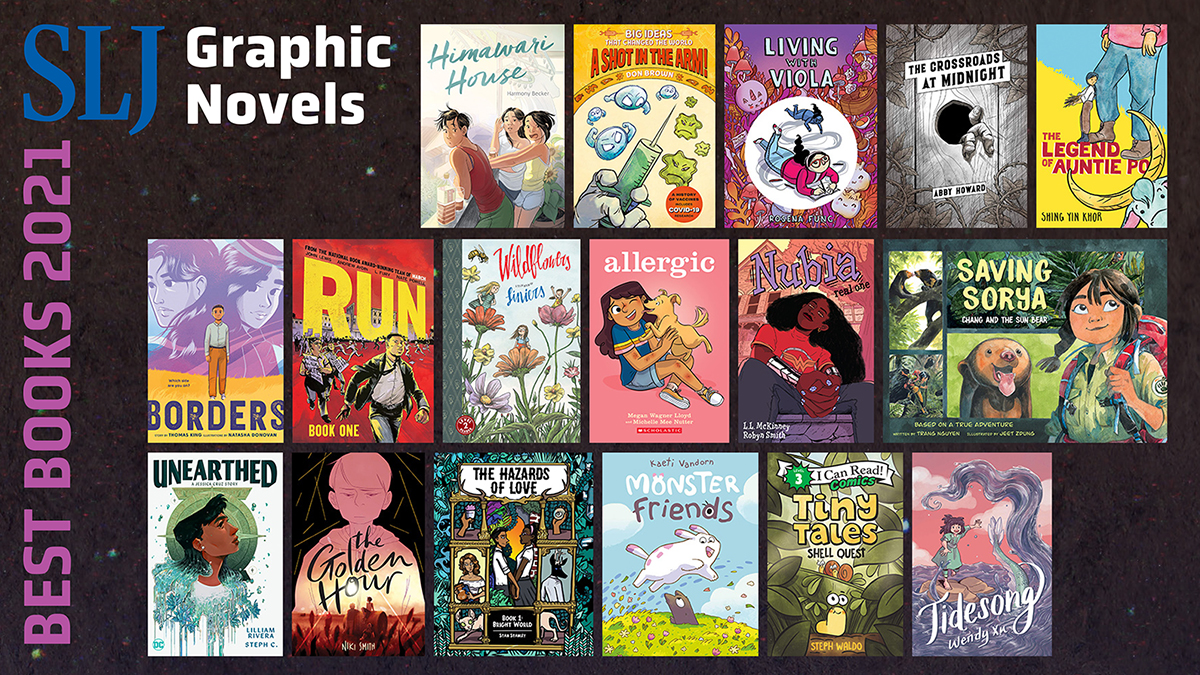Gabby & Grandma Go Green
- Interactive Writing: Things I Can Do to Help the Earth. Ask students to help you make a list of the things that Gabby & her grandmother did to help protect the earth. Then, ask students to create a page for a class authored big book in which they describe and illustrate steps that they can take to protect their environment.
- Make the Bags / Eco-craft Fair. The back matter of Gabby and Grandma Go Green includes directions for making the reusable shopping bags that Gabby and her grandmother made together. Recruit the assistance of parents and / or your art teacher and have your students design and create reusable bags. Expand this activity by having students research and create additional eco-crafts. Hold an eco-craft fair at your school to raise money for an event or to donate to a charity.
- Earth Day Posters. Have your students employ Monica Wellington’s style to create Earth Day posters. Provide students with collage media, such as fabric samples, textured papers, and the opportunity to take and print digital photographs. Have students plan and create a poster from these materials that incorporates a border. Study Monica Wellington’s borders in her various books to see how these borders relate to the main illustrations. Display students’ completed posters in the school or in community locations.
- Author Study. Monica Wellington has written and illustrated many engaging picture books appropriate for the primary grades and of interest as writing models for intermediate grade students. The books listed below are good starting points for looking at her body of work. Invite students to read across these books to identify patterns in theme, setting, characterization, plot, and artistic style. Your students may comment on her use of borders, the industrious nature of the main characters, the content of the back matter, the use of collage and recurring images across the illustrations. Ask your students to consider the genre of her books. Through the vehicle of a fictional narrative, Wellington provides the reader with a great deal of information about a variety of topics, including apple farming, long range trucking, and small business ownership. To obtain biographical information about the author, you can visit her blog and ask your school librarian to help you access an entry in Something About the Author. A short video clip of Monica Wellington discussing her process for creating Mr. Cookie Baker is included in the links below.
- History of Earth Day / Days of Commemoration. Research the history of Earth Day and the advocacy process undertaken by Senator Gaylord Nelson to establish this day. You may want to have students create a timeline of important dates and accomplishments in the environmental movement. Alternatively, you may choose to focus on the concept of commemorating something with an annual day of recognition. Ask student to identify an issue that they would advocate for setting aside a day to focus attention on this issue or special eve. You might want to read aloud Byrd Baylor’s I’m in Charge of Celebrations.
- How Green is Your School? As Gabby and Grandma travel around their town, they are conscious of the steps that they can take to protect their environment; they shop locally, refrain from feeding the ducks in the park, and dispose of grandma’s newspaper in the recycle bin. Ask your students to survey the classroom, school, and school grounds to determine whether the physical environment invites people act responsibly toward the environment. With support from your principal, you might invite students to look closely at the practices involved in food preparation, cleaning, and grounds maintenance at your school. The Natural Resources Defense Council has a website that can guide you in this process (see the Green Squad link below) as does the Earth Day Foundation (http://files.earthday.net/greenyourschool ).
- Local Foods Movement. Gabby and Grandma shop a local farmer’s market. Invite your students to learn more about the local foods movement in the context of an inquiry into where the food they eat comes from. Discuss the terms local, sustainable, and global in relation to food growing practices and economics. Do a little local research of your own to identify food growers of various types in your area. Are there any CSA’s (Community Supported Agriculture) in the area? Invite local farmers, beekeepers, bakers, etc. to come talk to your class about their work. What are the reasons that someone would go to the trouble to seek out a local vendor and possibly pay more for the product? The Sustainable Table website may be of use to you in this investigation http://www.sustainabletable.org/home.php.
- Twenty Years Later. Children reading Gabby & Grandma Go Green will most likely be very familiar with the concept of recycling, but this was not always the case. Two editions of Paul Showers’s book, Where Does the Garbage Go?, written twenty years apart offer students the opportunity for a historical review of changes in how refuse is disposed of. In 1974 when the book was first written, wide scale recycling was a hopeful vision for the future. Reading the two editions, ask students to create a comparison chart detailing the changes. Engage students in research into new disposal options that have come up since the 1994 edition was published. You might then choose to add a third column to the chart and ask students to speculate about next steps in trash disposal – what might be included in 2014 and 2034 editions of the book?
- A young resident of the southwest desert remembers special days by naming and celebrating them, for example, Rainbow Celebration Day commemorates the day she saw a triple rainbow.
- Fifty suggested action steps kids can take to protect our natural resources.
- A collection of activities, projects and practices to encourage kids to recycle.
- An explanation of the processes of recycling paper, glass, aluminum, and plastic accompanied by Gibbons’s clearly detailed illustrations.
- Instructions for making usable items from recycled materials.
- An introduction to Earth Day in question and answer format, this informative title includes a history of the celebration and an overview of related legislation.
- This activity book features hands on ways that kids can make a difference, including paper making instructions and crafts with recycled materials.
- These two editions, published twenty years apart, offer the reader an opportunity to see how the ways that people dispose of trash have changed over time.
- No listing of books that focus on conservation would be complete without this classic title by Dr. Seuss, which sends a strong message about the potential hazards big industry poses to the environment.
- After dreaming of a world devastated by pollution, Walter decides to clean up his act and take better care of his environment.
- This lift the flap book for the young readers presents ten simple things that kids can do to protect their world, such as turning off the water when brushing one’s teeth.
- Annie grows apples in her orchards; she sells apples, applesauce, cider, and baked goods at a Farmer’s Market.
- Mr. Baker gets up very early in the morning to start the process of making and decorating his beautiful sugar cookies.
- Join Sally as she collects the ingredients to make pizzas at her popular restaurant in the city.
- Ricki welcomes a pair of bluebirds to his yard by building them a birdhouse.
- Travel with Tom in his big rig as he takes produce from the farm to a grocery store in the city.
- Zinnia plans and plants a beautiful flower garden; she sells her bouquets at a roadside stand.
- Tour the streets of Paris with Suzette as she sells delectable crepes from her pushcart.
Filed under: Fiction Picture Books, Picture Books
About Erika Thulin Dawes
Erika is a professor of language and literacy at Lesley University. A former classroom teacher, reading specialist, and literacy supervisor, she now teaches courses in children’s literature, early literacy, and literacy methods. Erika is the co-author of Learning to Write with Purpose, Teaching with Text Sets, and Teaching to Complexity.
ADVERTISEMENT
ADVERTISEMENT
SLJ Blog Network
Name That LEGO Book Cover! (#53)
Cover Reveal and Q&A: The One and Only Googoosh with Azadeh Westergaard
K is in Trouble | Review
Fighting Public School Book Bans with the Civil Rights Act
Take Five: Middle Grade Anthologies and Short Story Collections
ADVERTISEMENT

